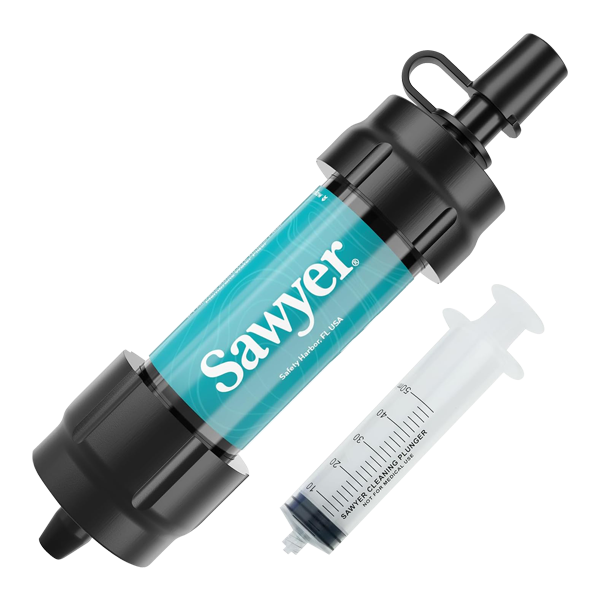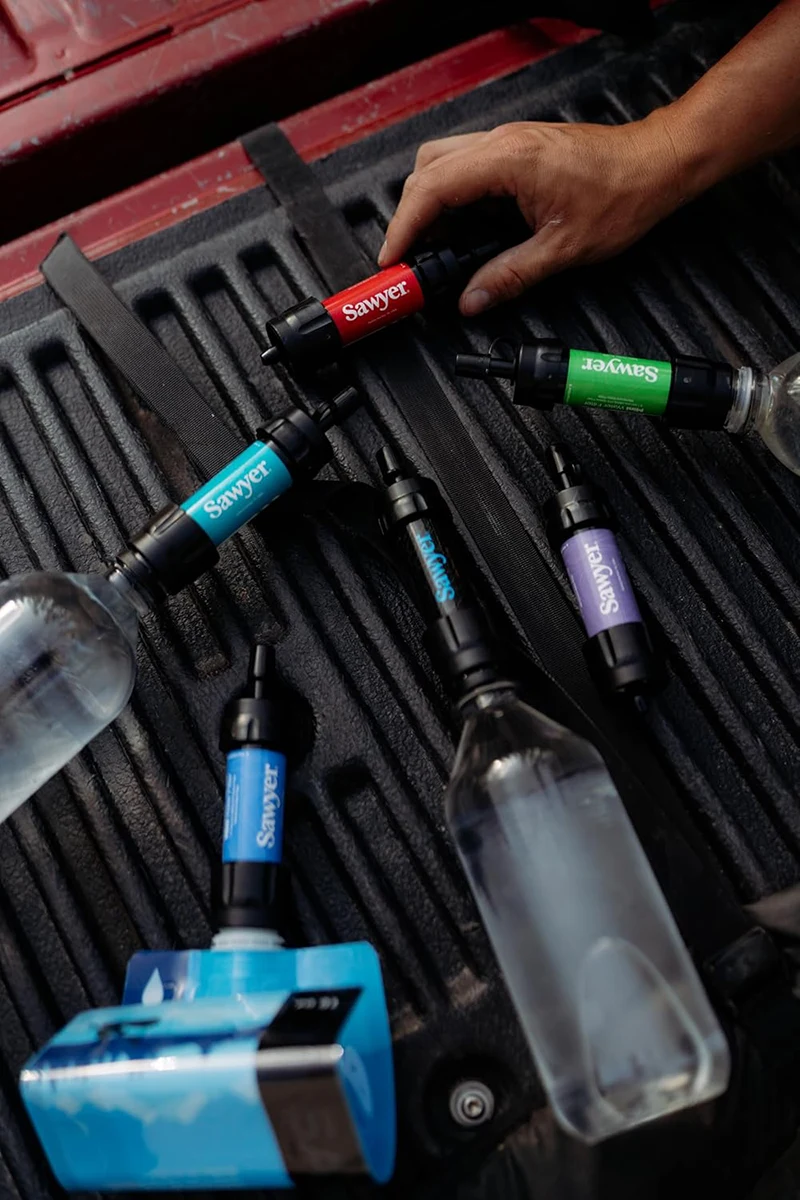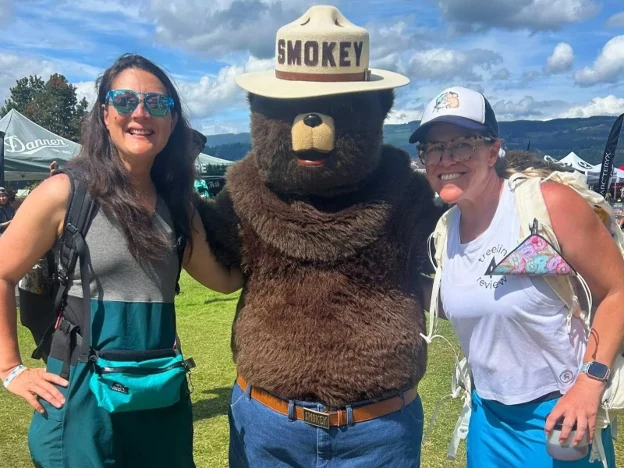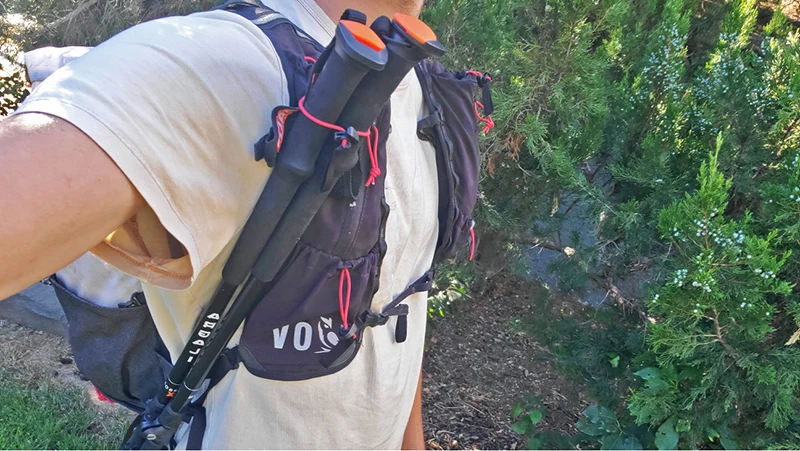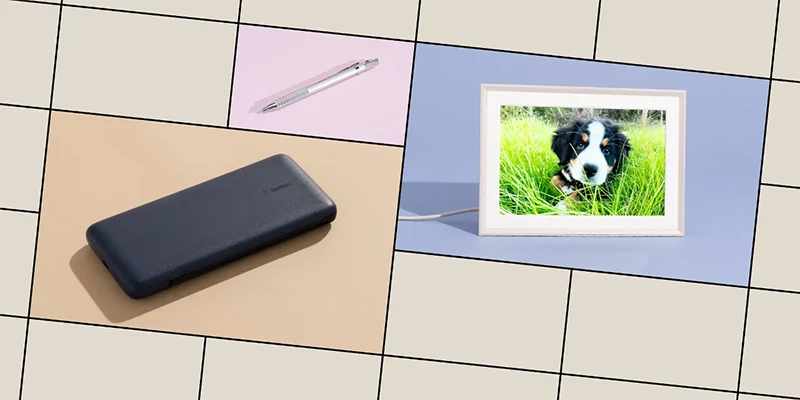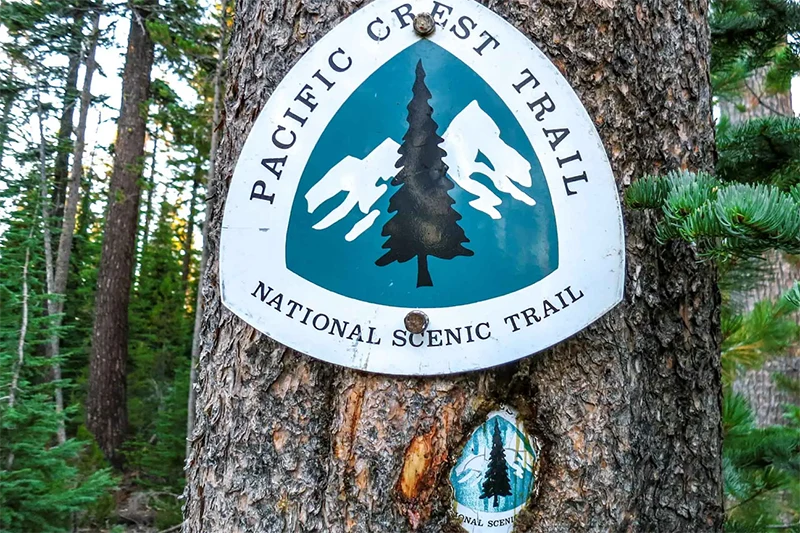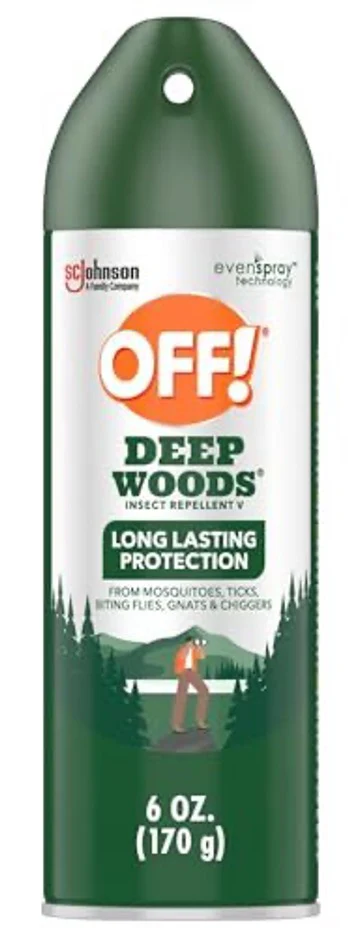Fortune Journals: Improvements in Diarrheal Disease Prevalence with Point-of-use Water Filter Implementation in the Informal Settlement of Kibera, Kenya
Fortune Journals: Improvements in Diarrheal Disease Prevalence with Point-of-use Water Filter Implementation in the Informal Settlement of Kibera, Kenya

Fortune Journals: Improvements in Diarrheal Disease Prevalence with Point-of-use Water Filter Implementation in the Informal Settlement of Kibera, Kenya
YouTube video highlight
The introduction of point of use filters to households in a densely populated informal settlement reduced diarrhea and other health related problems.
Read more about the projectImprovements in Diarrheal Disease Prevalence with Point-of-use Water Filter Implementation in the Informal Settlement of Kibera, Kenya
Abstract
Background: There is increasing evidence of the efficacy of point-of-use water filters on diarrhea prevalence in numerous global settings, in both observational studies and randomized experiments. Most studies, however, are focused on rural locations. Here we use self-report household surveys, and select drinking water testing, to monitor a set of approximately 10,000 households receiving Sawyer® point-of-use water filters, WASH training, and Albendazole in Kibera, Kenya.
Results: Statistical models accounting for confounding factors estimated 2-week, self-reported prevalence of diarrhea dropping from 52.7% to 2.2% after approximately 70 days of filter use. Field testing characterized most water sources (18 out of 25) as unsafe for Total coliforms, many for E. coli (6 out of 25), and one source above WHO health guidelines for arsenic. There was no evidence of a difference in self-reported diarrhea prevalence between households receiving Albendazole at distribution vs. those that didn’t (p>0.05).
Conclusions: The introduction of point of use filters to households in a densely populated informal settlement reduced diarrhea and other health related problems. Future randomized controlled studies with objective health measures are needed to ensure cause-effect impact of the filters, and study of filter longevity in the field continues to be a critical need.
Fortune Journals: Improvements in Diarrheal Disease Prevalence with Point-of-use Water Filter Implementation in the Informal Settlement of Kibera, Kenya


Improvements in Diarrheal Disease Prevalence with Point-of-use Water Filter Implementation in the Informal Settlement of Kibera, Kenya
Abstract
Background: There is increasing evidence of the efficacy of point-of-use water filters on diarrhea prevalence in numerous global settings, in both observational studies and randomized experiments. Most studies, however, are focused on rural locations. Here we use self-report household surveys, and select drinking water testing, to monitor a set of approximately 10,000 households receiving Sawyer® point-of-use water filters, WASH training, and Albendazole in Kibera, Kenya.
Results: Statistical models accounting for confounding factors estimated 2-week, self-reported prevalence of diarrhea dropping from 52.7% to 2.2% after approximately 70 days of filter use. Field testing characterized most water sources (18 out of 25) as unsafe for Total coliforms, many for E. coli (6 out of 25), and one source above WHO health guidelines for arsenic. There was no evidence of a difference in self-reported diarrhea prevalence between households receiving Albendazole at distribution vs. those that didn’t (p>0.05).
Conclusions: The introduction of point of use filters to households in a densely populated informal settlement reduced diarrhea and other health related problems. Future randomized controlled studies with objective health measures are needed to ensure cause-effect impact of the filters, and study of filter longevity in the field continues to be a critical need.
Fortune Journals: Improvements in Diarrheal Disease Prevalence with Point-of-use Water Filter Implementation in the Informal Settlement of Kibera, Kenya


Improvements in Diarrheal Disease Prevalence with Point-of-use Water Filter Implementation in the Informal Settlement of Kibera, Kenya
Abstract
Background: There is increasing evidence of the efficacy of point-of-use water filters on diarrhea prevalence in numerous global settings, in both observational studies and randomized experiments. Most studies, however, are focused on rural locations. Here we use self-report household surveys, and select drinking water testing, to monitor a set of approximately 10,000 households receiving Sawyer® point-of-use water filters, WASH training, and Albendazole in Kibera, Kenya.
Results: Statistical models accounting for confounding factors estimated 2-week, self-reported prevalence of diarrhea dropping from 52.7% to 2.2% after approximately 70 days of filter use. Field testing characterized most water sources (18 out of 25) as unsafe for Total coliforms, many for E. coli (6 out of 25), and one source above WHO health guidelines for arsenic. There was no evidence of a difference in self-reported diarrhea prevalence between households receiving Albendazole at distribution vs. those that didn’t (p>0.05).
Conclusions: The introduction of point of use filters to households in a densely populated informal settlement reduced diarrhea and other health related problems. Future randomized controlled studies with objective health measures are needed to ensure cause-effect impact of the filters, and study of filter longevity in the field continues to be a critical need.





















